OPERATIONS UPDATE: 1/27/26 BWS, Inc. is back to full operations. Please contact us with any questions or concerns about your scheduled pick up - (410) 437-6590 or customercare@bwaste.com
Stay Sharp on Sharps Disposal
Whether you're a doctor's office, a tattoo shop, or just an ordinary citizen, you probably handle a few sharps throughout the year. Sharps is a medical term for devices with sharp points or edges that can puncture skin, like needles and syringes. They are commonly used in medical care settings but also at home or while traveling to manage medical conditions.
Regardless of how or where they’re used, making sure sharps are disposed of safely is very important. After all, medical waste of any kind can pose a threat to public health and safety when it is released improperly into the environment. Thankfully, there are some simple ways to ensure your sharps are handled safely.
Why Are Sharps so Dangerous?
Sharps are classified as medical objects that puncture the skin. Not properly handling or managing sharps can cause injuries and have potentially dangerous or hazardous effects on people and the environment. Sharps come in many forms and have many medical applications within residential and commercial healthcare environments. Needles, syringes, lancets, and auto-injectors are all common examples of sharps.
How Can We Stay Sharp on Sharps Disposal?
Sharps are classified as medical objects that puncture the skin. Not properly handling or managing sharps can cause injuries and have potentially dangerous or hazardous effects on people and the environment. Sharps come in many forms and have many medical applications within residential and commercial healthcare environments. Needles, syringes, lancets, and auto-injectors are all common examples of sharps.
Commercial Sharps Disposal
If you work in a healthcare setting or any other business that handles sharps on a regular basis, then you need to make sure your working environment is safe. Sharps management can be improved with three simple phrases: “Be Prepared. Be Aware. Dispose of Sharps with Care.” It is important to have a sharps injury prevention program in place, as well as well-trained and educated personnel. For more information on how your office or staff can stay safe when dealing with sharps, take a look at the Sharps Safety brochure from the CDC.
Residential or Home-Generated Sharps Disposal
For residential or home-generated sharps management, because you may not have the same access to regulated sharps containers as in healthcare settings, safely disposing of sharps can be challenging. Using thick, puncture-resistant plastic containers to dispose of sharps is an option. Empty laundry detergent containers or bleach bottles are usually a good fit.
If you use one of these rigid plastic containers, you will need to label it appropriately and duct tape the lid so that you know it’s secure. It can then be placed with household trash – do not recycle. Please note this is only for residential sharps disposal. Commercial sharps need to be handled by a compliant biohazardous waste disposal company.
Ready to get started?
We offer a variety of competitively priced service options with no contracts or hidden fees. Request a free quote.
Our Dedication to Providing the Highest Quality Regulated Waste Services
is Shown in What Our Clients Say About Our Work
We provide an outstanding value and service to our regulated waste customers and pride ourselves over the last 50 years on our 100% customer satisfaction with 99% customer retention ratio.
Paul R Miller, D.D.S. and Team
ZytoGen Patient Services
Akbar Masood, D.D.S.
Chris Donaldson
Dharani Jasthi
Tomicka Jackson-George, D.M.D.
Louis Sachs, D.D.S.
Kate Blair English
Dave Ryan
Kerry Owens, Avalon Plastic Surgery
Jamie Fleming, National Spine & Pain Centers
Keith Roberts, Biomatrix Specialty Pharmacy
Mireia Pedragosa Marin, Synergy Research
Rebecca Crouse, Randolph Macon Academy
Melissa C, Patriot Chiropractic
Dr. Rosario Ignacio
Dr. Thomas Lutz, Odenton Family Dentistry
Dr. Louis Sachs, DDS
Eric B.
Brenda Shah
Stay connected - Be the first to know!
Get BWS news and promotions straight to your inbox
Don't worry. We won't sell your information!




